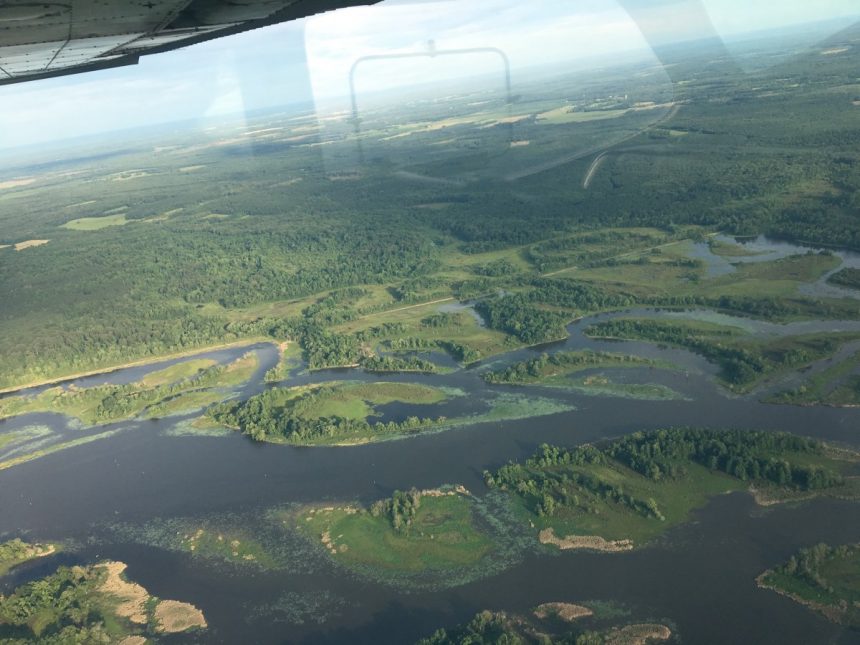The EPA continues to review the 2008 veto of the Yazoo Pump Project as over 500,000 acres in the Delta remain flooded.
While the review continues, the Mississippi Department of Wildlife voted unanimously last week to support an initiative to build a pump system in the lower Mississippi River Basin to lessen the impact of high water in Mississippi.
If the project was completed, a pump that would’ve removed water at a rate of 14,000 cubic feet per second would’ve been put in place. According to Region II Commissioner Scott Coopwood, whose region has been hardest hit by flooding, says this years’ flooding shows that the pumps were greatly needed.
“This year’s dramatic flooding event in the lower Mississippi Delta shows the necessity of a pump system, which would significantly reduce flooding in the Mississippi River backwater,” Commissioner Coopwood said. “Preventive measures such as this would benefit area residents, wildlife and the economy in the region.”
Vicksburg District Corps of Engineers Water Management Section Chief Drew Smith told commissioners Wednesday if pumps were in place the impact would be substantial.
“There would be a four to five-foot difference in the water levels and the duration would be less,” Smith said. “Pumps are very effective, they work.”
The $220 million flood control project was vetoed in 2008 after the EPA stated that “it would result in unacceptable adverse effects on at least 67,000 acres of wetlands and other waters of the United States and their associated wildlife and fisheries resources.”
The Mississippi Levee Board is the local sponsor for the project, and Chief Engineer Peter Nimrod said in April that the environmental concerns were based on misinformation. He explained that the pumps would not be turned on until the waters reached a critical elevation, which he says would minimize the impact on the environment.
According to the MDWFP, Governor Phil Bryant has been to Washington DC to lobby President Trump’s administration to renew efforts to revive the project. Additionally, residents who have been impacted by the high waters are calling for the resurrection of the initiative.








